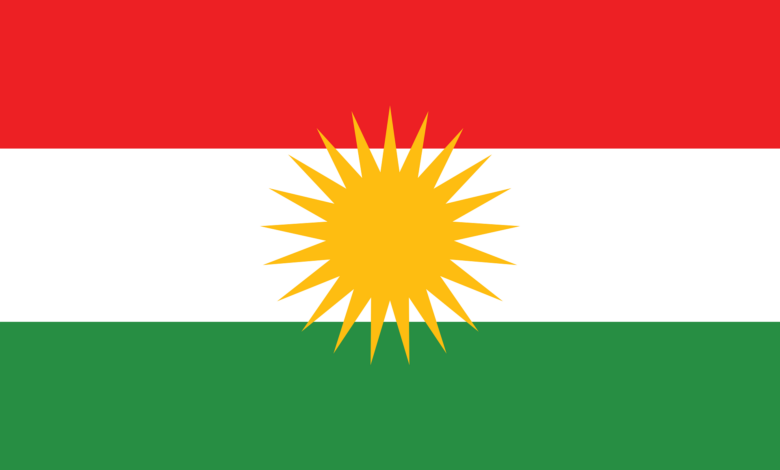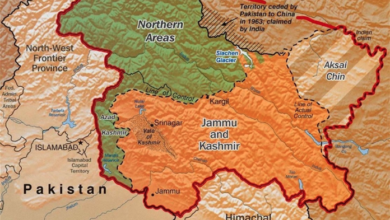The Strategic Transformation of Syria into a Kurdish State
A Pillar for Regional Stability and an Alliance with Israel

The transformation of Syria into a Kurdish state is a critical geopolitical strategy aimed at securing stability, dismantling imperial ambitions, and fostering a modern and resilient governance model in the Middle East. This vision is not just about displacing the failed Arab state framework of Syria but about building a Kurdish state that aligns fully with Israel, the West, and regional allies like Greece and Cyprus.
Syria, as an Arab state, has historically been a source of antisemitism, anti-Western sentiment, and anti-Kurdish policies. It has acted as a breeding ground for extremism and a launching pad for terrorism. The failure of the Arab governance system has not only destabilized the region but has also emboldened imperial powers like Iran and Turkey to expand their influence. Transforming Syria into a Kurdish state is the only viable solution to counter these forces effectively and lay the groundwork for a stable and secure Middle East.
Central to this transformation is the control over Damascus. The Kurdish state must take decisive action to secure Damascus as part of a comprehensive strategy to dismantle the remnants of the Arab state and replace them with Kurdish governance rooted in sovereignty and resilience. Damascus is not merely a symbol; it is a strategic node that ensures control over Syria’s political, economic, and cultural heart.
Iran’s illegal and imperial ambitions are epitomized by its creation of a de facto corridor stretching from Iraq to the Mediterranean. This corridor, supported by proxies and militias, has been used to project Tehran’s influence, threaten Israel’s security, and destabilize the region. By establishing a Kurdish state in Syria, this corridor will be dismantled, severing Iran’s access to the Mediterranean and crippling its regional ambitions.
Similarly, Turkey’s imperial ambitions, particularly its efforts to revive a neo-Ottoman caliphate, pose a significant threat to the Middle East. Turkey’s support for terrorist factions and its use of Syria as a proxy warzone have destabilized the region. A Kurdish state in Syria will serve as a direct countermeasure to Turkey’s ambitions, creating a buffer against its hegemonic designs and securing the region against further destabilization.
Transforming Syria into a Kurdish state will also cement a natural and strategic alliance with Israel. Both nations share common enemies and common goals: to eliminate terrorism, counter antisemitism and anti-Kurdish ideologies, and stabilize the region. This alliance, strengthened by cooperation with Greece, Cyprus, and the West, will form the cornerstone of a new order in the Middle East that prioritizes security, stability, and progress.
This transformation must focus on the Kurdification of the state itself—not merely territorial control but the integration of Kurdish governance, sovereignty, and values into Syria’s framework. The Kurdish state must fill the power vacuum left by the failure of Arab-led governance and ensure that Syria is no longer a source of instability but a pillar of regional security and cooperation.
The transformation of Syria into a Kurdish state represents a necessary and strategic response to the challenges facing the Middle East. By dismantling the legacy of Arab occupation, countering imperial ambitions from Iran and Turkey, and establishing a strong alliance with Israel and the West, the Kurdish state will redefine Syria as a force for stability, progress, and resilience in the region.

